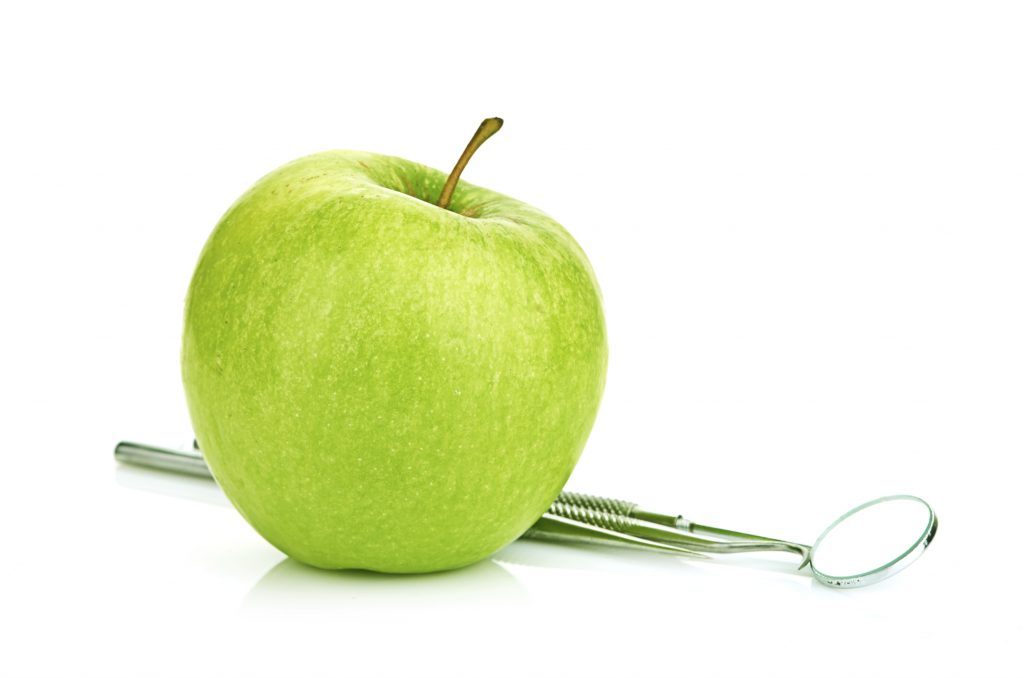
Bottled water is more popular than ever for a variety of reasons. Some people simply don’t have access to clean drinking water, but for others, claims of fresh spring water have them opting for bottled versions over the water in their own tap.
The big problem with the switch to bottled water is a lack of fluoride, and the consequences could be detrimental to your teeth.
What Is Fluoride?
Fluoride is a natural mineral that has been established as a way to prevent decay. Research is so supportive of this claim that most communities have added it to their public drinking water. Fluoride is especially important for children, as it is easily absorbed into the enamel. Once the teeth are fully developed, fluoride makes the structure resistant to decay.
Are People Getting Less Fluoride?
Researchers believe that as more consumers drink bottled water, fewer ingest the amount of fluoride needed to prevent cavities. The American Dental Association states that if bottled water is your primary source of drinking water, you are likely missing out on the important decay-prevention of fluoride. In fact, this concern was discussed at the World Dental Congress, which identified it as a possible reason tooth decay is on the rise among children.
Are There Other Ways to Get Fluoride?
If you tend to drink bottled water more often than tap water, it is important that you get fluoride in other ways. Some bottled waters include fluoride, and most commercial toothpastes contain fluoride. You might also want to ask your dentist or doctor about fluoride supplements.
In addition to getting enough fluoride, visiting your dentist regularly is an important step to maintain strong, healthy teeth. Regardless of whether you drink tap or bottled water, we can get a better idea about the health of your mouth. Give us a call today to set up your next dental cleaning and check-up.
For more information about bottled water, call Dr. Frank S. Sciabica in Issaquah, WA at 425-392-3900 or visit www.issaquahdentists.com.
Dr. Sciabica proudly serve patients from Issaquah and all surrounding areas.



